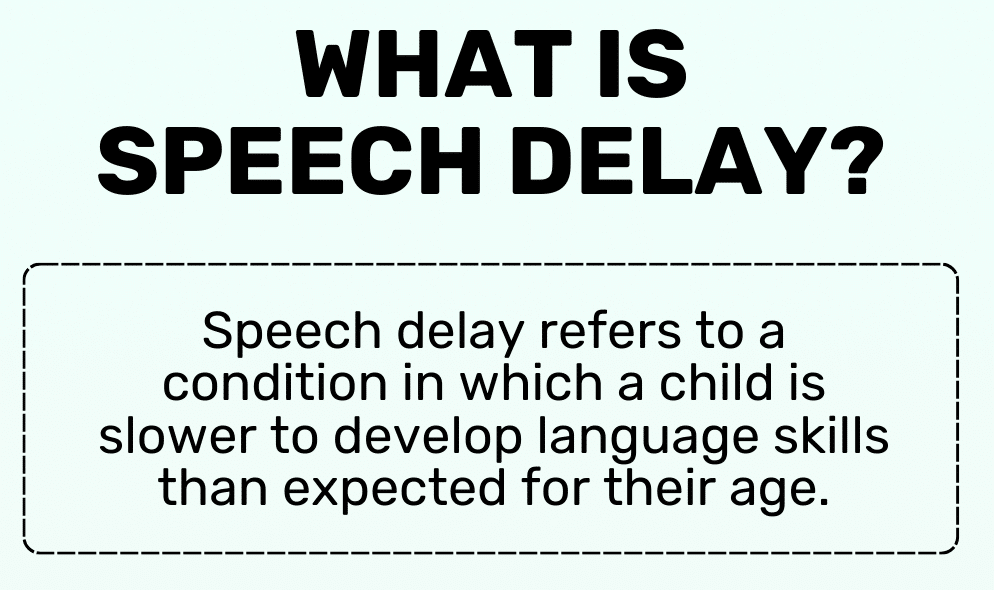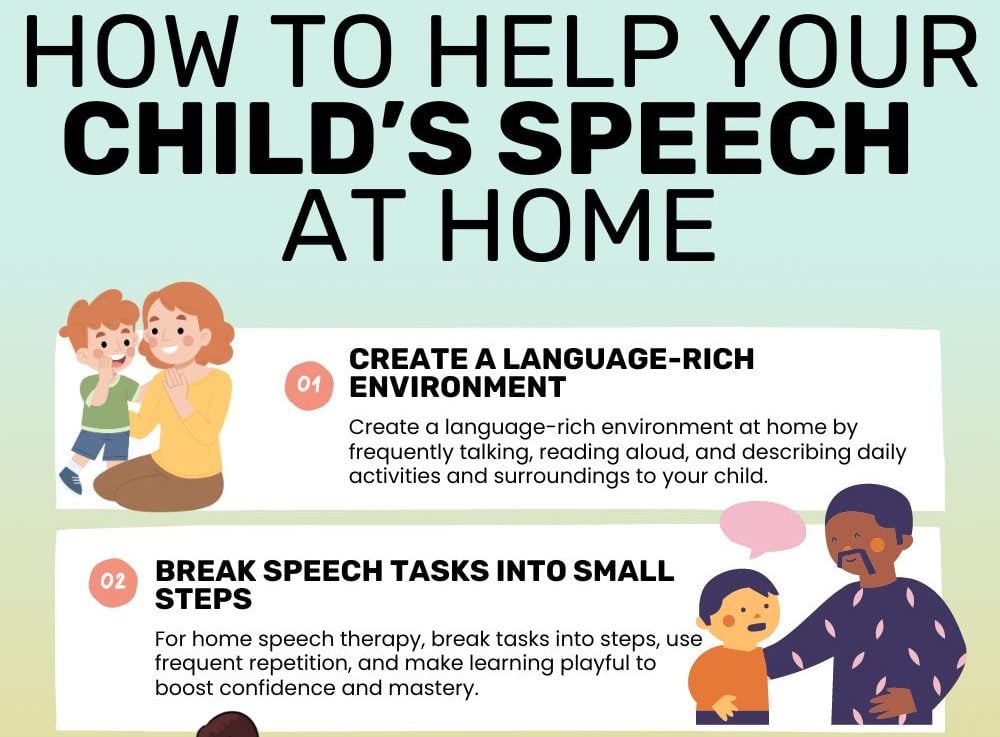Speech delay refers to a condition in which a child’s speech and language development are slower than expected for their age. It can manifest in various ways and may indicate an underlying communication disorder. Early identification and intervention are crucial for supporting a child’s language skills. Here are some common symptoms of speech delay:
| Speech Delay Signs |
Description |
| Limited vocabulary |
The child has a smaller range of words compared to their peers of the same age. |
| Difficulty with pronunciation |
The child may struggle to articulate certain sounds or syllables, leading to unclear speech. |
| Trouble expressing thoughts |
They may have difficulty organizing their thoughts and expressing them coherently. |
| Lack of social engagement |
Children with speech delay may have trouble initiating and maintaining conversations with others. |
| Difficulty following directions |
They may struggle to understand and follow instructions or directions given to them. |
| Delayed onset of babbling |
The child may not engage in typical babbling sounds and vocalizations during infancy. |
| Limited use of gestures |
They may have difficulty using gestures, such as pointing or waving, to communicate. |
| Difficulty with storytelling |
Constructing narratives or recounting events may be challenging for children with speech delay. |
| Reduced sentence complexity |
Their sentences may be shorter and less grammatically complex than expected for their age. |
If you suspect that your child may have speech delay, it is advisable to consult a healthcare professional for a comprehensive evaluation and appropriate interventions.
This post was originally published on Feb. 17, 2023. It was updated on Jan. 4, 2024.











